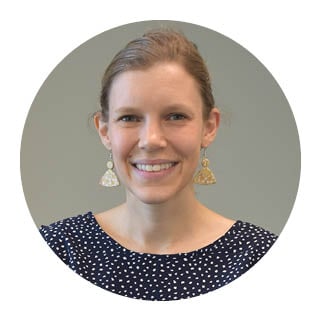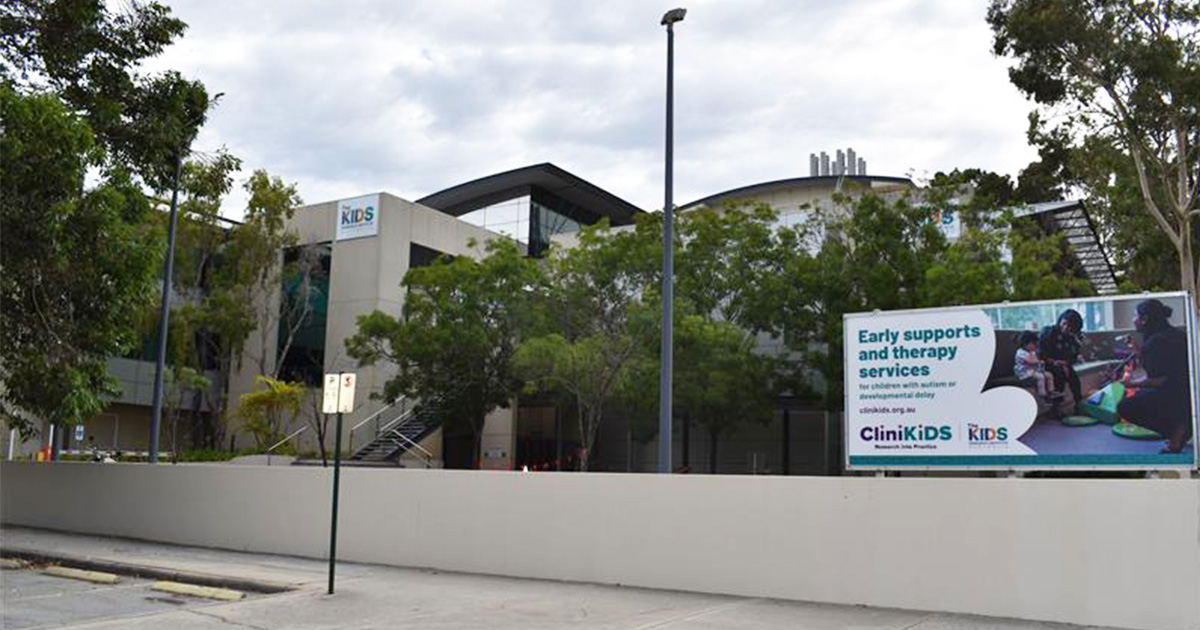Search

Lindy Henry
Inklings Practitioner

Samantha Rivers
Inklings Practitioner

Mikali Kluver
Speech Pathologist

Gen Wilmot
Speech Pathologist

Claire Perrozzi
Speech Pathologist

Abby Chee
Clinical Psychologist

Aria May
Clinical Lead, Speech Pathology

Marie Rodatz
Clinical Lead, Occupational Therapy

Our locations
CliniKids has clinics in Subiaco and in Joondalup
Paediatric Occupational Therapy
Find out more about Paediatric Occupational Therapy services at CliniKids.
